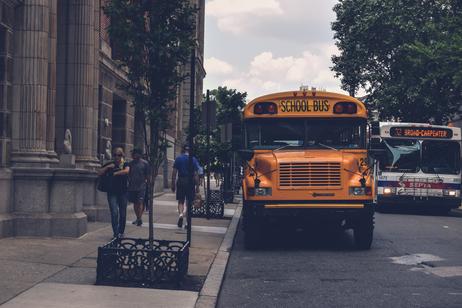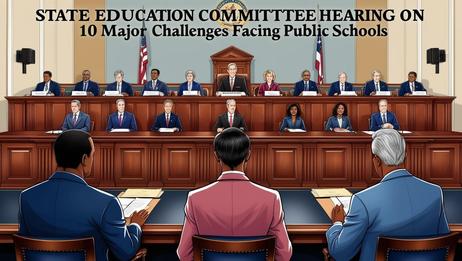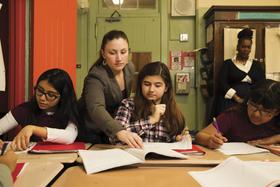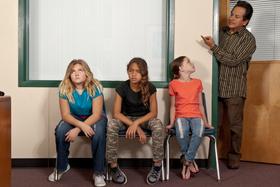Prompting an investigation into an extensive cheating scandal rocked Atlanta schools, public schools in the nation’s capital first came under fire for allegedly cheating on standardized tests. However, a comprehensive investigation into the Washington D.C. cheating issue has revealed that while cheating did occur in some classrooms, the issue was centralized to a small number of classes, rather than hundreds of schools, as previously thought. Still, evidence of any cheating raises questions about the validity of standardized testing and how those scores are used to determine funding, teacher raises and performance evaluations.
Three District of Columbia Schools Cited in Investigation
A report at USA Today states that just three D.C. schools have been found guilty of cheating on standardized tests known as the DC-CAS in April 2011. The reports were limited to three classrooms within these three schools, which represents a very small number of the 5,089 classrooms that actually took the tests. The findings were announced by the Office of the State Superintendent of Education.
“The confirmed cases of impropriety represent a very small percentage of public schools and classrooms in D.C.,” Hosanna Mahaley, superintendent of D.C. schools, told USA Today.
This video reports on cheating on standardized tests in the D.C. public schools.
The three schools were classified as “critical” as a result of the investigation, which meant there was solid evidence found of fraud or test tampering in



































